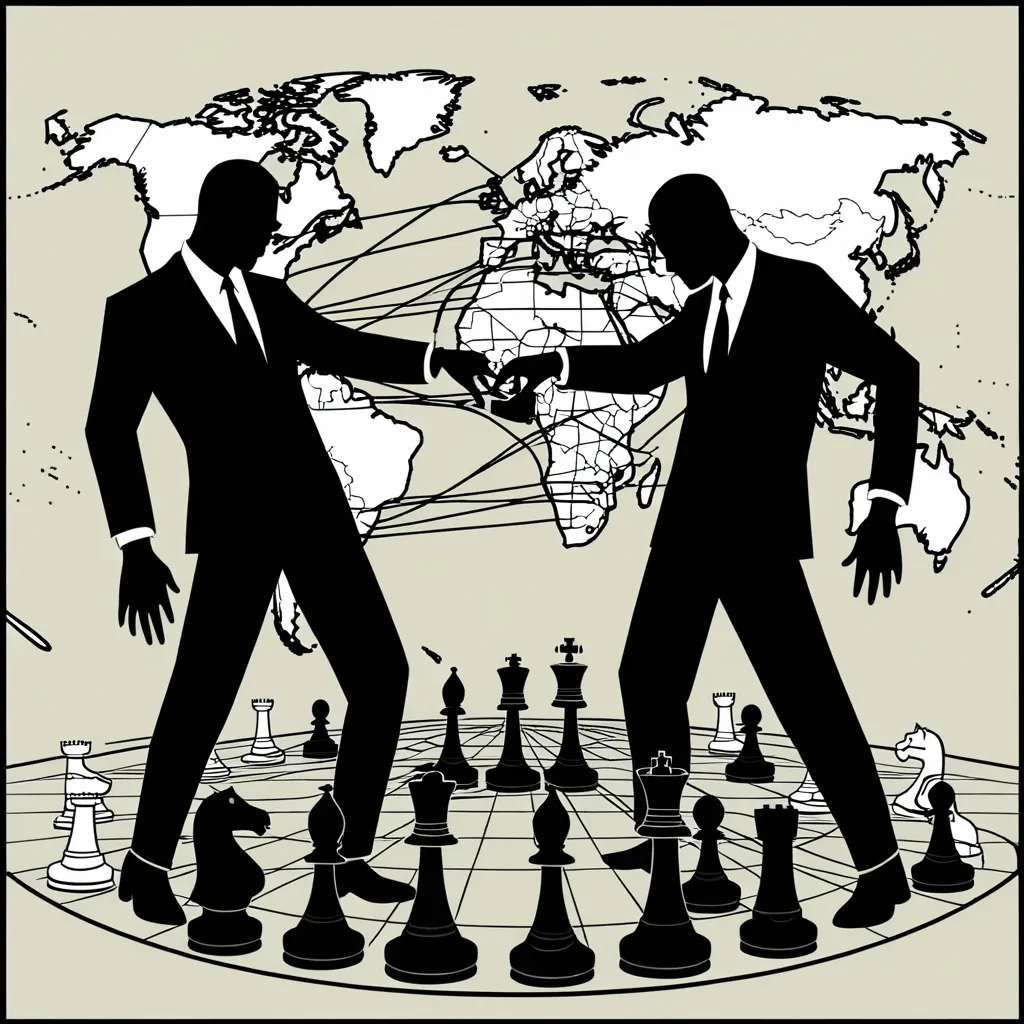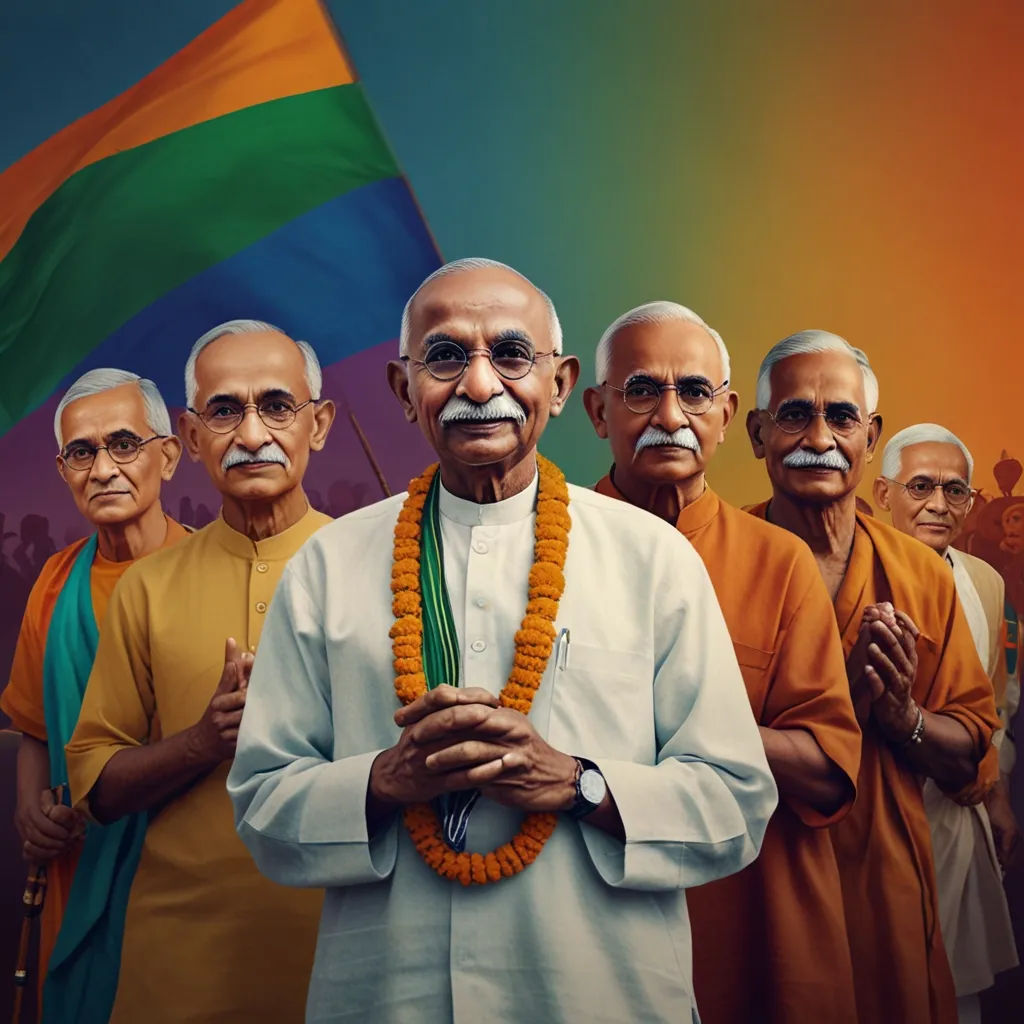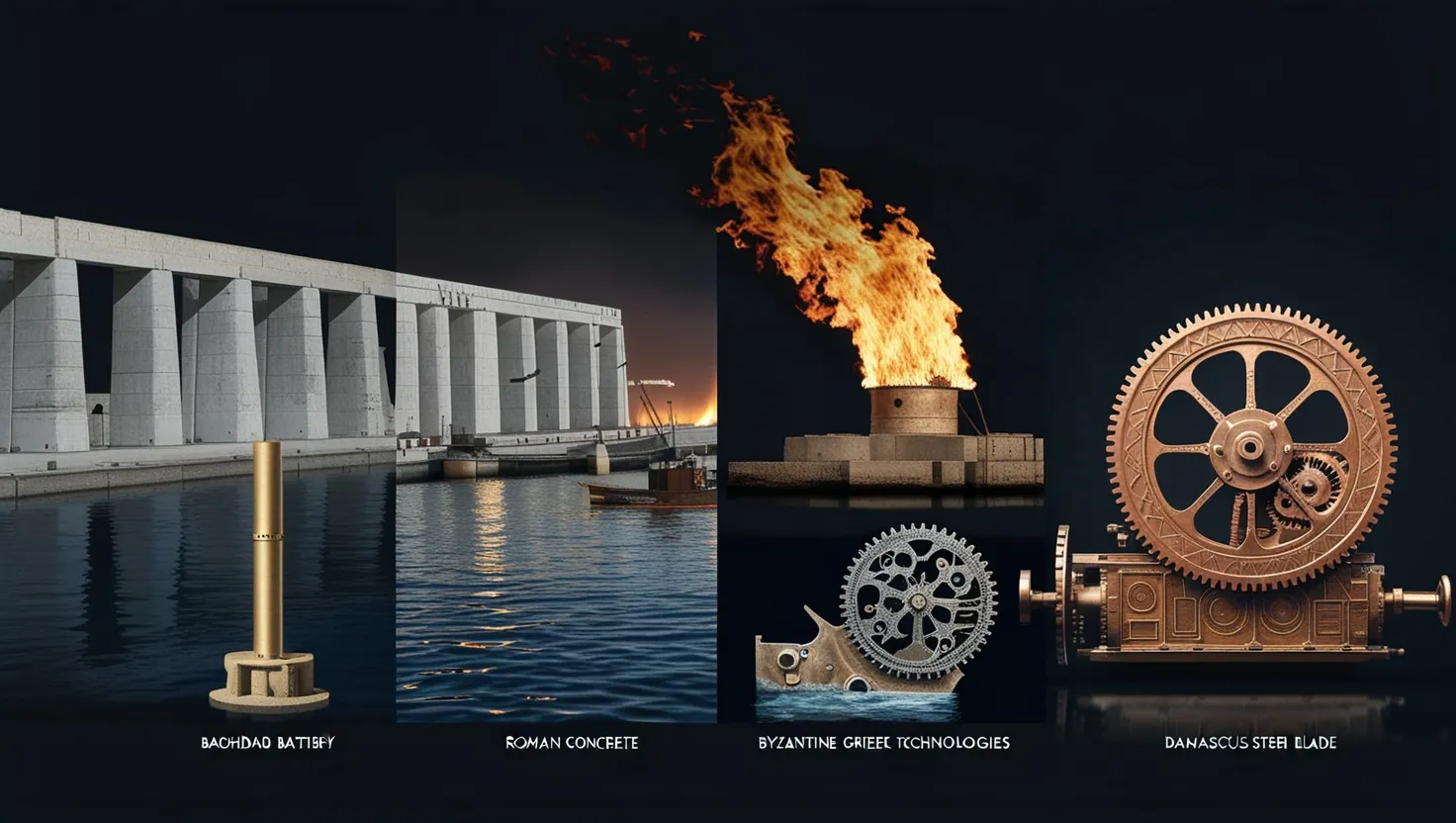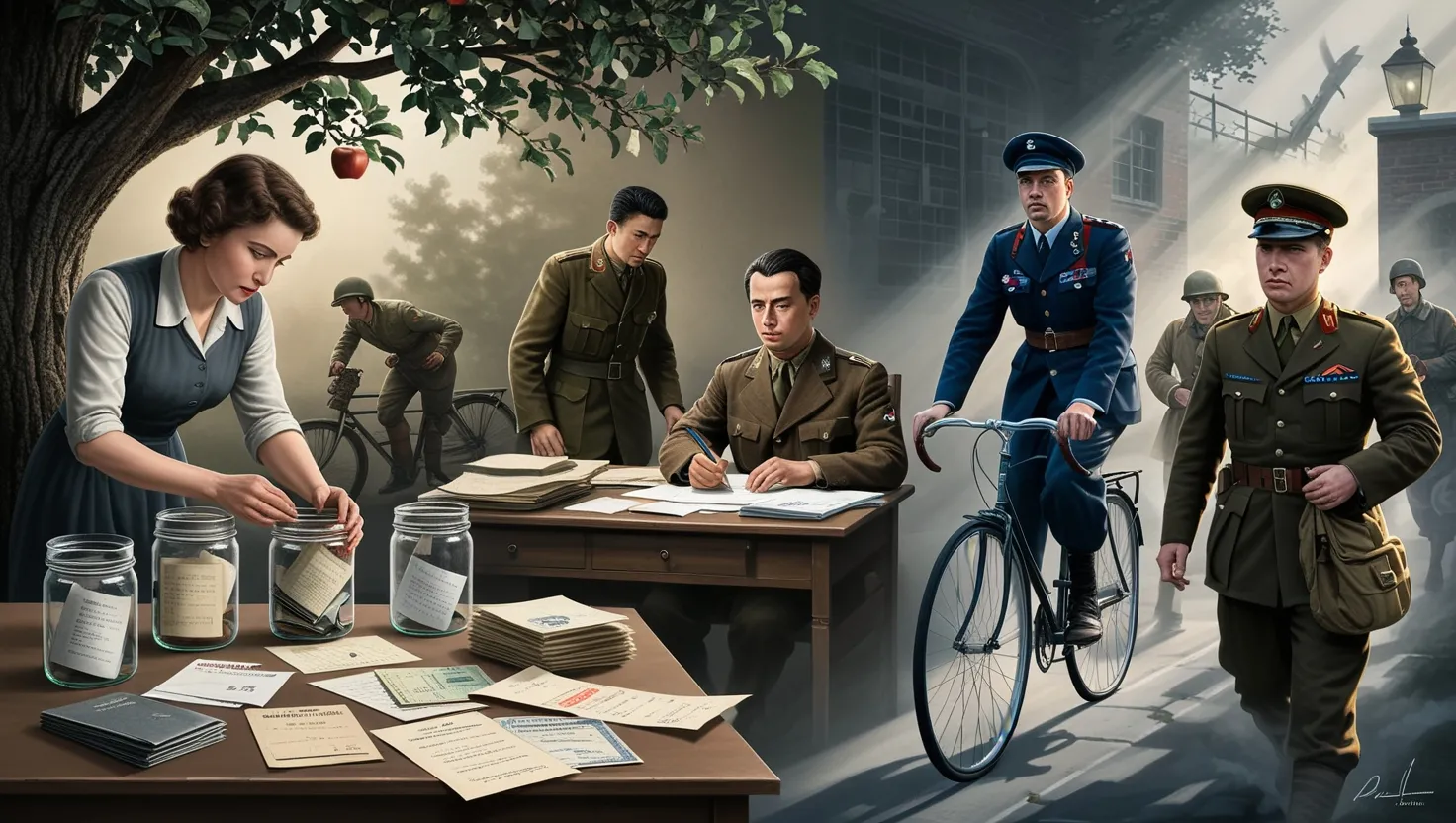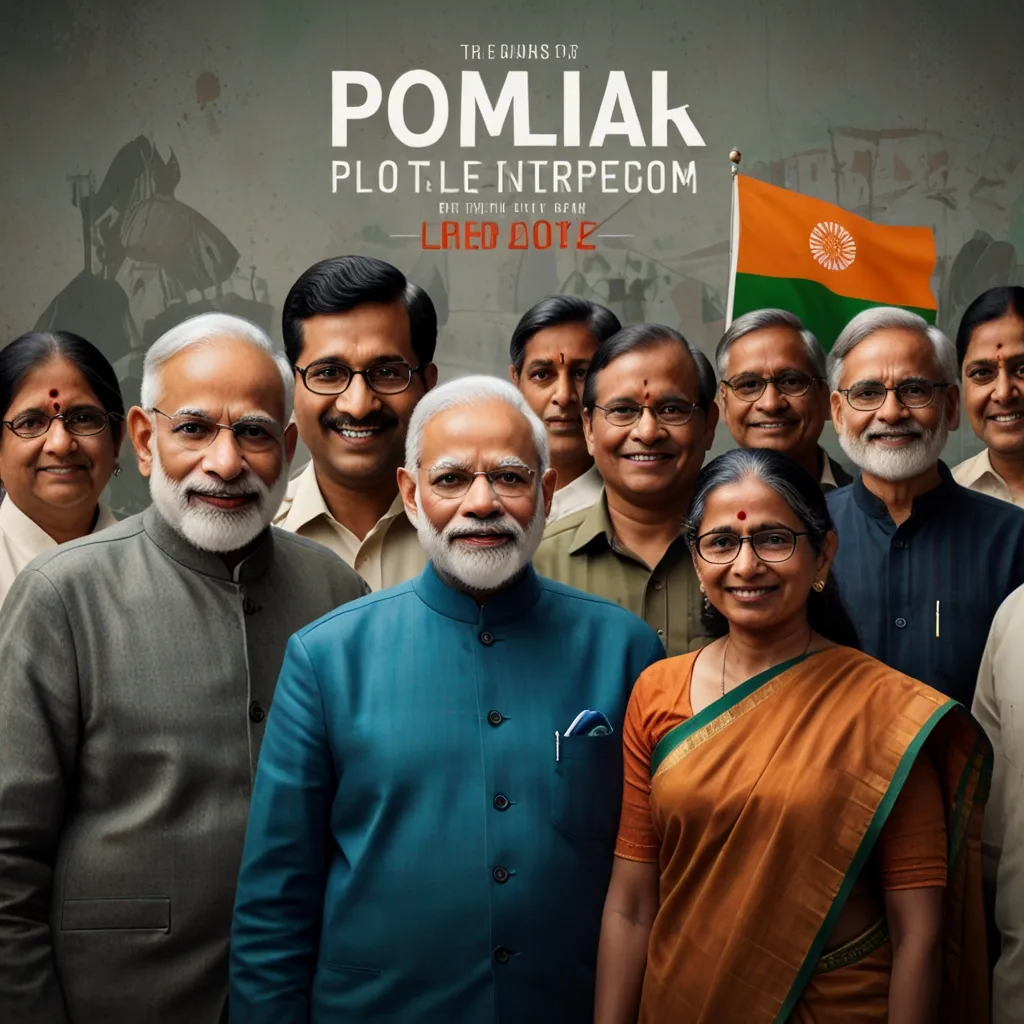Hidden Agendas: The Untold Stories Behind Major World Wars
Ever wonder what’s really going on behind the scenes of major world events? Buckle up, because we’re about to dive into some seriously mind-blowing stuff.
Let’s start with World War I, aka “The Great War.” On the surface, it looks like a straightforward clash of nations. But dig a little deeper, and you’ll find a tangled web of secret alliances and backroom deals that would make a spy novel look tame.
Take the Austro-Hungarian Empire, for example. These guys were like the master puppeteers of their time. They were spreading fake news before it was cool, misleading both friends and foes to protect their interests. And don’t even get me started on their secret chats with Germany. It was all hush-hush, trying to get German support while hiding the fact that their military and economy were basically held together with duct tape and prayers.
But the real kicker? The July Crisis of 1914. You know, when Archduke Franz Ferdinand got assassinated. Austria-Hungary saw their chance and pounced. They slapped Serbia with an ultimatum that was basically designed to start a war. It was like throwing a lit match into a pool of gasoline and acting surprised when everything went up in flames.
Now, let’s fast forward to World War II. We’ve all heard the story about how it was the “good war” fought to save the world from the bad guys. But hold onto your hats, because there’s a twist. Some folks argue that it wasn’t really about defending democracy at all. Nope, it was more about keeping the working class in check.
Think about it. Over 46 million soldiers and civilians died in that war. That’s not even counting the Holocaust victims. Entire cities were bombed to smithereens, killing hundreds of thousands of civilians. Makes you wonder, doesn’t it? Were the bigwigs really fighting fascism, or were they more worried about regular folks getting ideas about overthrowing the elite?
It’s a pretty wild idea, right? That wars might be more about protecting the fat cats at the top than about all that freedom and democracy stuff we hear about. It’s like finding out your favorite superhero movie was actually written by the villain.
But wait, there’s more! Remember the Iraq War in 2003? The Bush administration was all “Saddam Hussein’s got weapons of mass destruction!” Turns out, that was about as true as my New Year’s resolution to hit the gym every day. People from the military, diplomacy, and intelligence worlds later spilled the beans that the administration knew they were pulling a fast one on the public.
And where was the press in all this? Mostly just nodding along and repeating what the White House said. It’s like they forgot the whole “question authority” thing and decided to play telephone instead. The result? A war based on fear-mongering and manipulated info. Not exactly our finest hour as a species.
Even the United Nations isn’t immune to this sneaky business. Back in 1987, they had this big conference on disarmament and development. Sounds great, right? Well, behind the scenes, the Soviet Union and their Third World buddies were pushing their own agenda. They were trying to make the U.S. look bad for developing defenses against nuclear attacks. It’s like showing up to a potluck and secretly trying to sabotage your neighbor’s casserole.
So, what’s the big deal about all these hidden agendas? Well, for starters, they’ve shaped our world in ways we might not even realize. Think about how World War I’s secret alliances set the stage for World War II. Or how the Iraq War changed the Middle East. These aren’t just stories in history books – they’re the reason the world looks the way it does today.
But here’s the real kicker: understanding these hidden agendas can help us make sense of what’s happening now. It’s like having X-ray vision for world events. Once you know what to look for, you start seeing patterns everywhere.
Take the media, for instance. Next time you see a news story about international conflicts, ask yourself: What’s not being said here? Who benefits from this narrative? It’s like being a detective, but instead of solving murders, you’re unraveling global conspiracies.
And let’s talk about fear for a second. Remember how the fear of nuclear weapons was used to justify the Iraq War? That’s a classic move. When someone in power starts playing the fear card, it’s time to put on your skeptical hat and start asking questions.
Now, I’m not saying we should all become conspiracy theorists. But a healthy dose of skepticism? That’s just good common sense. It’s like checking the expiration date on milk – better safe than sorry.
Here’s the thing: history is messy. It’s complicated. It’s not the neat, tidy story we often get in school or see in movies. It’s more like a tangled ball of yarn, with threads going every which way. And sometimes, the most important threads are the ones you can barely see.
So, what can we do with all this mind-bending information? For starters, we can stop taking things at face value. When a leader says, “We have to go to war because X,” don’t just nod along. Ask why. Ask who benefits. Ask what’s not being said.
We can also seek out different perspectives. If you only get your news from one source, you’re only getting one piece of the puzzle. It’s like trying to watch a 3D movie without the glasses – you’re missing a whole dimension.
And perhaps most importantly, we can talk about this stuff. Have conversations with friends and family. Debate. Discuss. Don’t be afraid to challenge ideas – including your own. It’s through this kind of dialogue that we can start to unravel the complex web of hidden agendas that shape our world.
In the end, understanding these hidden agendas isn’t just about being a history buff or a political junkie. It’s about being an informed citizen of the world. It’s about making sure we’re not just pawns in someone else’s game.
Because here’s the truth: knowledge is power. And in a world where hidden agendas can lead to wars, shape economies, and change the course of history, that knowledge isn’t just power – it’s a responsibility.
So, the next time you hear about a major world event, don’t just accept the official story. Dig deeper. Ask questions. Look for the hidden threads. Because in the tangled web of global politics, the real story is often hiding just beneath the surface, waiting for someone curious enough to uncover it.
Remember, in the grand chess game of global politics, we might not be the players moving the pieces. But by understanding the hidden agendas at work, we can at least see the whole board. And that, my friends, is the first step to changing the game.
